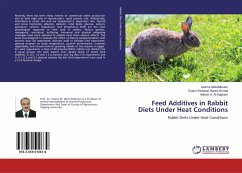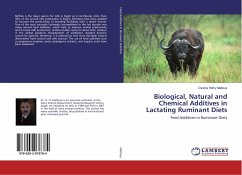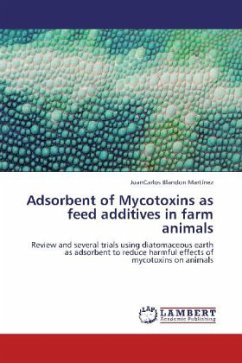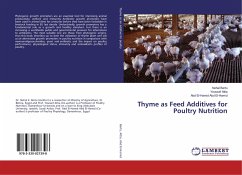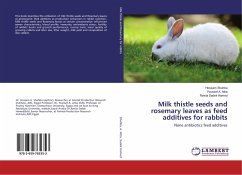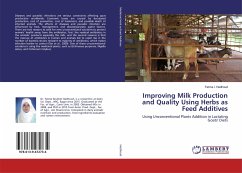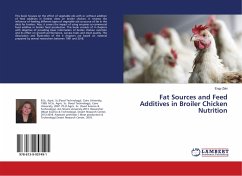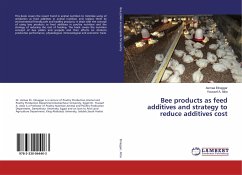Recently, there has been rising interest of commercial rabbit production due to their high rate of reproduction, rapid growth rate. Additionally, alterations in rectal, skin and ear temperatures, respiration rate, thyroid and stress hormones, albumin, globulin, total lipids, glucose, sodium, potassium, calcium, magnesium, and phosphorus levels are the main physiological responses to heat load in rabbits. Various genetic, managerial, nutritional, buffering, hormonal and physical mitigating strategies have been adopted to palliate heat stress adverse effects. This book was designed to evaluate the effect of dietary supplementation with ascorbic acid (1st experiment, Ascorbic acid) or phytase (2nd experiment, phytase enzyme) on body temperature, growth performance, nutrients digestibility, and carcass traits of growing rabbits at two seasons in Egypt. For each experiment, a total of 80 growing White rabbits was divided into 8 equal groups. Per each season, four dietary levels of tested feed additives, 0, 0.5, 1.0 and 1.5 g Ascorbic acid /kg diet; (1st experiment) and 0, 0.1, 0.2 and 0.3 phytase enzyme /kg diet (2nd experiment) were used in a 2×4 factorial design.

